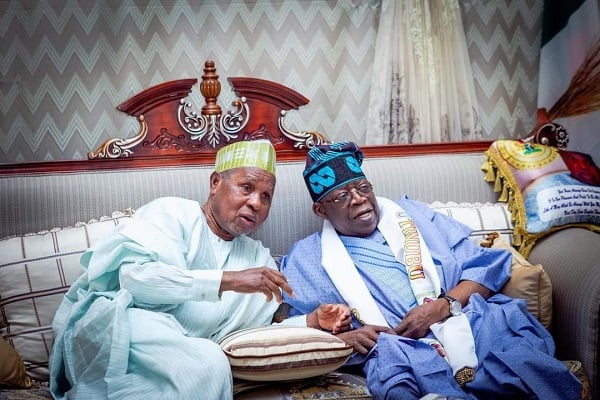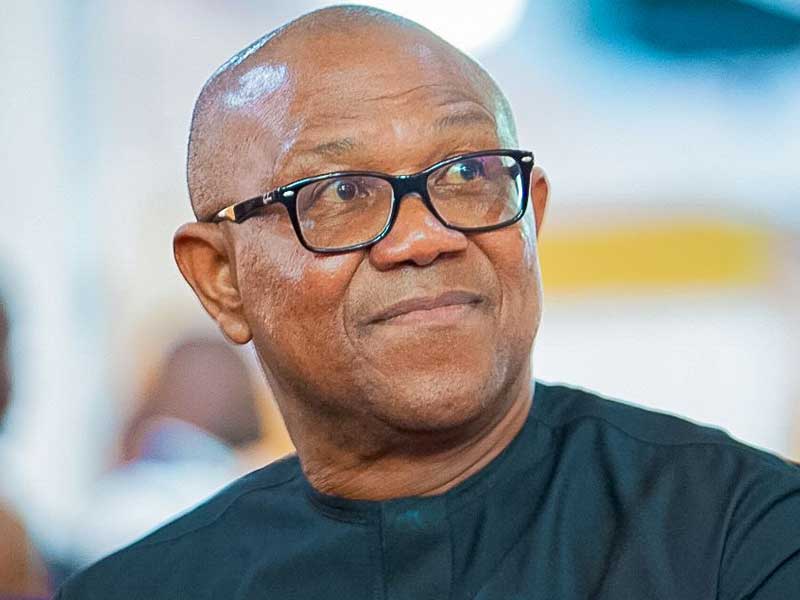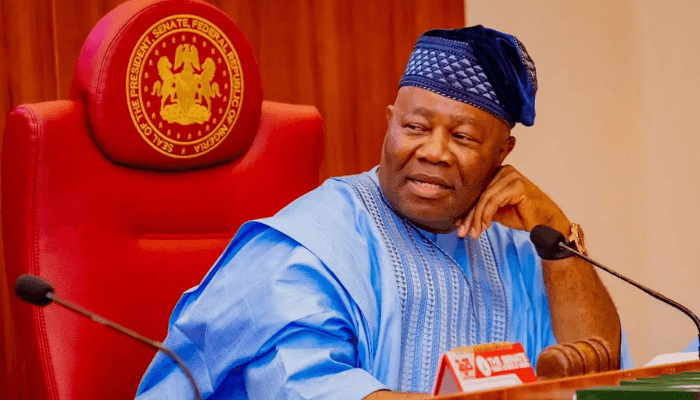The Bombshell Defection and Its Immediate Aftermath
The political landscape of Kaduna State has been thrown into turmoil following former Governor Nasir El-Rufai’s high-profile defection to the Social Democratic Party (SDP), with the All Progressives Congress (APC) Woman Leader Hajiya Maryam Suleiman delivering a scathing rebuke of her former ally’s decision. This dramatic development marks a significant turning point in Kaduna politics as the 2027 general elections draw nearer, exposing deep fractures within the state’s ruling party and setting the stage for an intense political battle.
Maryam Suleiman’s public denouncement of El-Rufai’s move represents more than just a personal disagreement – it signals a fundamental realignment of political forces in Kaduna State. The woman leader, who was once one of El-Rufai’s most vocal supporters, has now become his fiercest critic within the APC, illustrating the complex dynamics of political loyalty and survival in Nigeria’s volatile political environment.
The Metamorphosis of Maryam Suleiman: From Loyalist to Critic
Maryam’s political journey has taken a remarkable turn in recent months. Previously known by the nickname “Maryam Mai Rusau” (Maryam the Demolisher) for her fierce defense of El-Rufai’s controversial policies, she has now rebranded herself as “Maryam Mai Ginau” (Maryam the Builder) to reflect her new allegiance to Governor Uba Sani’s administration.
This transformation didn’t happen overnight. Sources close to Kaduna politics reveal that Maryam’s disillusionment with El-Rufai began gradually as she witnessed the implementation of Governor Sani’s more inclusive policies. Her public apology for previous criticisms of the current governor suggests a calculated political repositioning, but also reflects broader dissatisfaction among some APC members with El-Rufai’s leadership style.

The Policy Divide: Contrasting Governance Approaches
At the heart of this political rift lies a fundamental disagreement about governance approaches. Maryam’s criticism specifically highlighted three contentious areas:
- Urban Development Policies
- El-Rufai’s aggressive demolition of “illegal” structures versus Sani’s more measured approach to urban renewal
- Education Sector Reforms
- The mass dismissal of teachers under El-Rufai compared to Sani’s efforts to improve education through dialogue
- Grassroots Engagement
- Perceived elitism in El-Rufai’s administration versus Sani’s emphasis on poverty alleviation programs
These policy differences have become rallying points for both factions as they jostle for control of Kaduna’s political narrative ahead of 2027.
The Ripple Effects Across Kaduna’s Political Landscape
Maryam’s public stance has sent shockwaves through Kaduna’s political circles, with several potential consequences:
- APC Internal Dynamics
- Strengthening of Governor Sani’s control over party structures
- Possible purge of remaining El-Rufai loyalists from key positions
- Intensified competition for party nominations ahead of 2027
- Opposition Calculations
- SDP’s gamble on El-Rufai’s popularity being tested
- Potential for more defections from both sides
- Repositioning of other opposition parties in response
- Electoral Implications
- Possible shift in voter allegiances in key local governments
- Impact on women’s voting patterns given Maryam’s influence
- Changes in campaign strategies for all parties
Deep Dive: Why This Defection Matters Beyond Kaduna
While this political drama is unfolding in Kaduna, its implications extend to national politics for several reasons:
- Test Case for Party Defections
- El-Rufai’s move tests whether high-profile defections can translate to electoral success
- May influence how other dissatisfied politicians approach 2027 calculations
- Third-Party Viability
- SDP’s ability to absorb and leverage big-name defections is being scrutinized
- Could determine whether Nigeria’s political system remains a two-party dominant structure
- Governance Versus Politics
- Highlights tension between policy continuity and political survival
- Raises questions about how development agendas survive political transitions
Expert Analysis: Four Possible Scenarios Moving Forward
Political analysts have outlined several potential outcomes from this developing situation:
- The Reconciliation Scenario
- Behind-the-scenes negotiations lead to El-Rufai returning to APC
- Maryam moderates her criticism to maintain party unity
- The Domino Effect Scenario
- More prominent APC members follow El-Rufai to SDP
- Governor Sani’s faction responds with counter-defections
- The Status Quo Scenario
- Current divisions remain but don’t significantly impact 2027 elections
- Both factions maintain uneasy coexistence within APC
- The Realignment Scenario
- Kaduna politics undergoes fundamental restructuring
- New alliances form across party lines based on governance philosophies
Historical Context: Kaduna’s Political Evolution
To fully understand the significance of this development, it’s important to consider Kaduna’s unique political history:
- The Makarfi Era (1999-2007): Established PDP dominance
- The Yero Interregnum (2012-2015): Brief PDP continuity
- The El-Rufai Revolution (2015-2023): APC’s radical reforms
- The Sani Administration (2023-present): Course correction
This latest episode represents perhaps the most serious challenge to APC’s unity since the party took power in the state, potentially marking the beginning of a new chapter in Kaduna’s political journey.
















Got a Questions?
Find us on Socials or Contact us and we’ll get back to you as soon as possible.